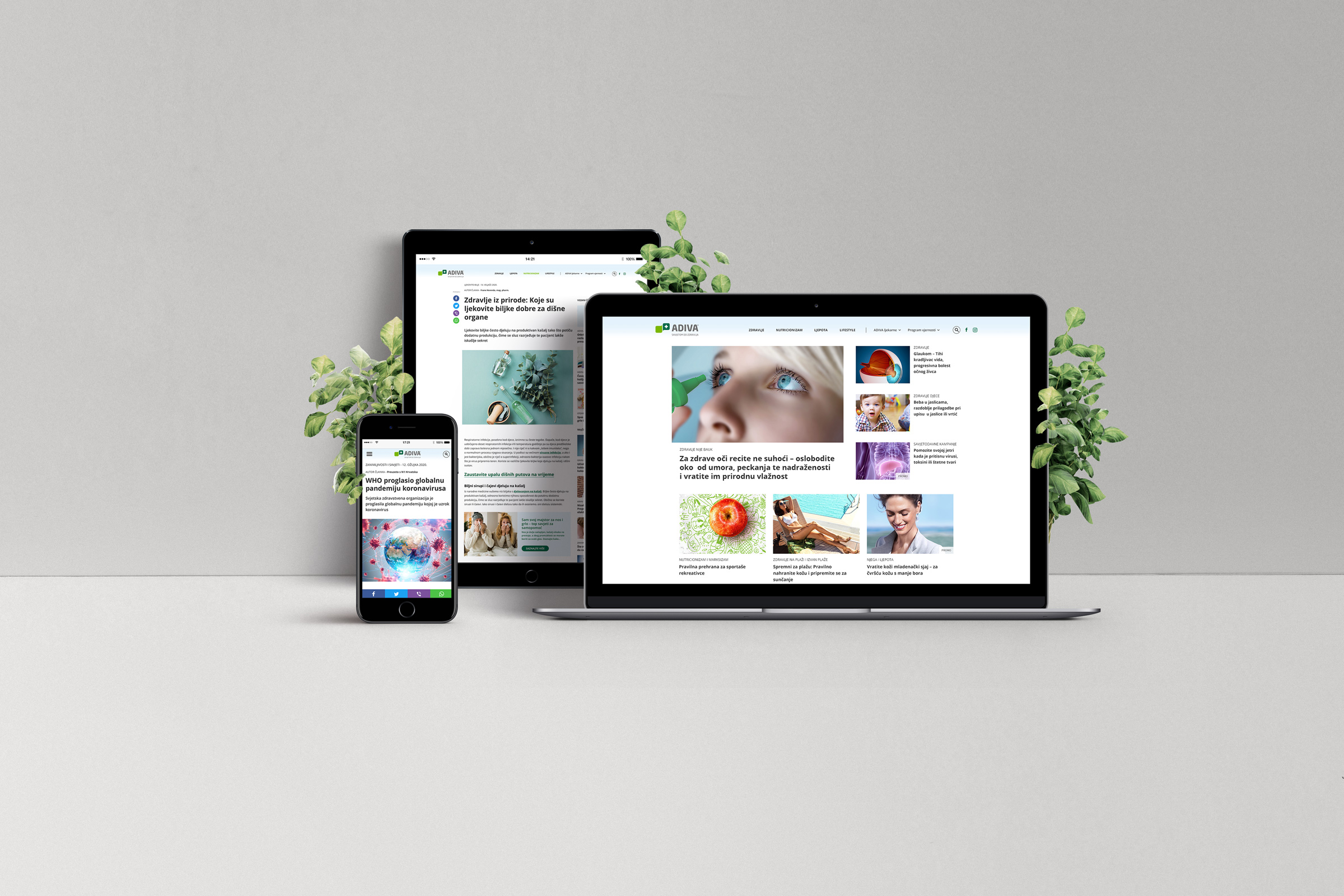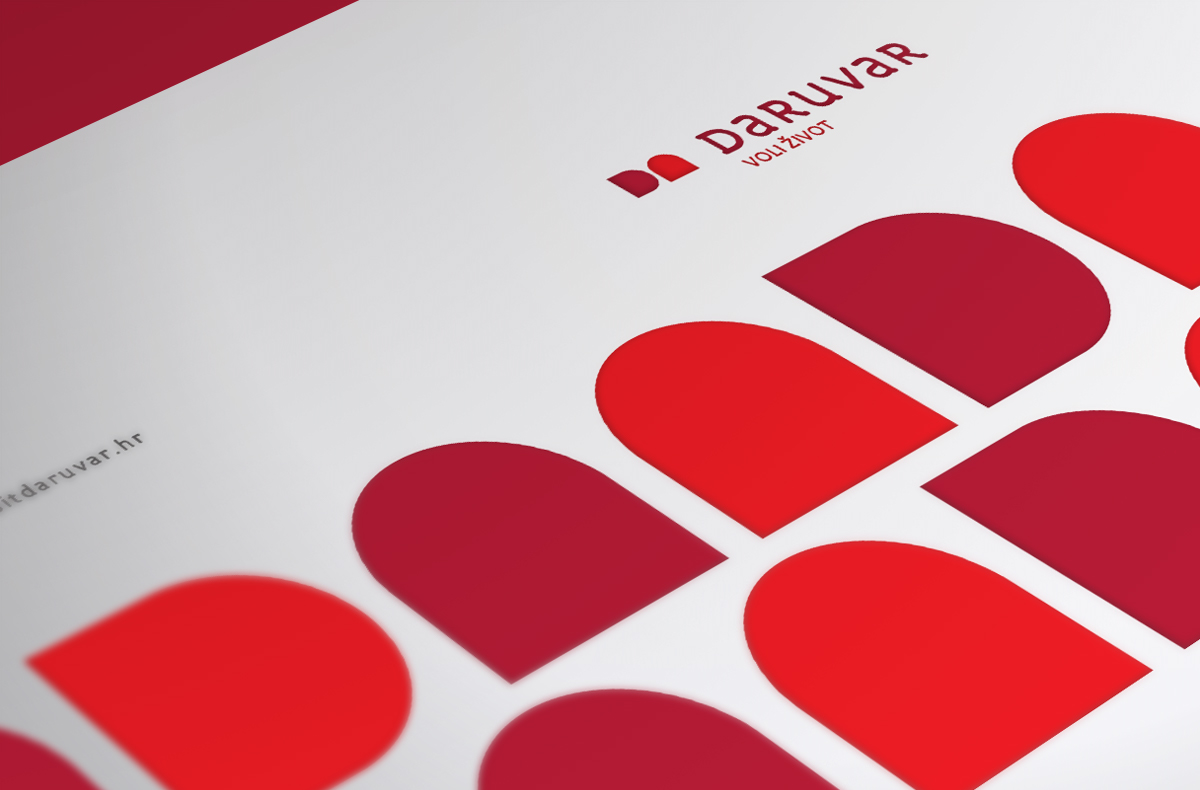Influencer marketing: an enduring trend your business should follow
Are people's profiles who share the benefits of various products and services constantly popping up while you surf on social networks? Have you noticed that they tag the brands and advertise them in the statuses to explain why this or another particular product is the best for their lifestyle? Of course, we're talking about influencer marketing, a popular trend that endures for years.

It is almost impossible to scroll through social networks without encountering influencer marketing. On each platform you open, the faces of mega, macro, nano, or micro-influencers will appear, promoting food, drinks, clothing, makeup, candles, and many other products and services with a smile. To put it bluntly, they promote brands. They are paid, as content creators, to create content on their profiles that motivates followers to buy a particular brand.
What is influencer marketing?
Social networks are a second home to influencers, people who have many followers, follow trends and often make a living from advertising on Facebook and Instagram profiles. Let's not forget the popular TikTok platform, which many are turning to more and more. At the beginning of influencer marketing, about fifteen years ago, bloggers shared stories about their lives and thus promoted the products they use. However, they were often not paid for such activities because they were not contractual with brands. This simply meant the increase in popularity for brands - free promotion, brand awareness, recognition, higher sales.
Meanwhile, some bloggers have become macro-influencers known as some of the most famous local or global celebrities, who have decided to monetize their popularity on social media and thus ultimately make big profits. A brand can cooperate with influencers in three ways: employ them (owned media), pay for the service provided to them (paid media), or collaborate with them without expected compensation (earned media). So naturally, it is best to choose which type of cooperation suits you best. Today, influencer marketing is a prevalent tool that is unavoidable in business, and at the same time, it is not a passing trend. And you should include it as part of your business. Here's why!
How and why do brands use influencer marketing?
Brands use influencers to promote their products effectively. Still, they also work with famous figures from the world of show business - singers, actors, presenters, comedians, and many other influential people. This type of marketing is used if one of your marketing goals is as follows: to increase the download of your mobile application that the influencer advertises, achieve conversions, strengthen brand awareness, find long-term brand ambassadors, increase CLV (Customer lifetime value), increase website traffic, direct interaction with customers, expansion into international markets ...
Finding a loyal brand ambassador
Is your goal to work with a loyal brand ambassador? You need influencer marketing! Increasing brand awareness does not go without strengthening relationships with brand ambassadors. This critical benefit comes from a long-term collaboration with influencers, experts in sharing advice and recommendations on products and services. However, before choosing an influencer for your brand, ask yourself what engagement rate you want to achieve that varies depending on the number of followers of your potential brand ambassador. Nano and micro-influencers, who typically have between 1,000 and 50,000 followers, may have a higher engagement rate than top influencers with millions of followers. Why is that so? Micro-influencers have fewer followers, making them more accessible, responding to follower inquiries about the product, having better interaction, and working with only a few brands. The audience perceives them as experts in the field they advertise.
Easier expansion into international markets
Do you aim to expand into international markets? In that case, influencer marketing is an excellent choice for your business. For example, choose an influencer for your brand ambassador who can boast many followers that exceed several thousand fans or even millions with people from different countries who come from other markets.
Take, for example, Daniel Wellington, a Swedish watchmaker who used influencer marketing to boost brand awareness and advertised through modern channels such as YouTube, Instagram, and Facebook. There were almost no mega and macro-influencers who did not promote the Daniel Wellington watch on their profiles. A successful sales strategy, right?
It acts like native advertising
Although influencers emphasize if it is a paid ad in the posts, they are not offensive, i.e., sales-oriented. Influencer advertising includes a fee for advertising on influencer social networks. The fee can be the equivalent of the product or in cash, and the most common is payment in products if it is about advertising technology or products that fit the influencer’s lifestyle.
Customers will perceive your brand as a quality brand since their favourite influencer advertises it. They may also decide to buy the product, mainly if the publication status includes a promotional code with the influencer's name with which the customer gets a discount when purchasing. Such activities have proven to be more effective in practice than advertising through traditional media because conversion is more common. We already wrote about native advertising, remember?
Set a budget and contact a digital marketing agency!
Once you've learned how influencer marketing works, you may already be able to determine for yourself which type of influencer suits you best. Each type of influencer will sponsor the product differently. Why? Because they don’t address the same audiences, they have a different engagement rate and a niche market. Reduce your hassle and let your digital marketing agency help you create a strategy to find the brand ambassador that best suits your brand. So you will quickly and easily find an influencer who will become your loyal brand ambassador.
Influencer marketing is increasingly attracting the attention of brands and marketers. It has become a trend, and judging by the practice, it seems that it will continue. Are you using it in business, or are you just planning to introduce it?
Reference: https://www.curemedia.com/8-reasons-why-invest-in-influencer-marketing/


